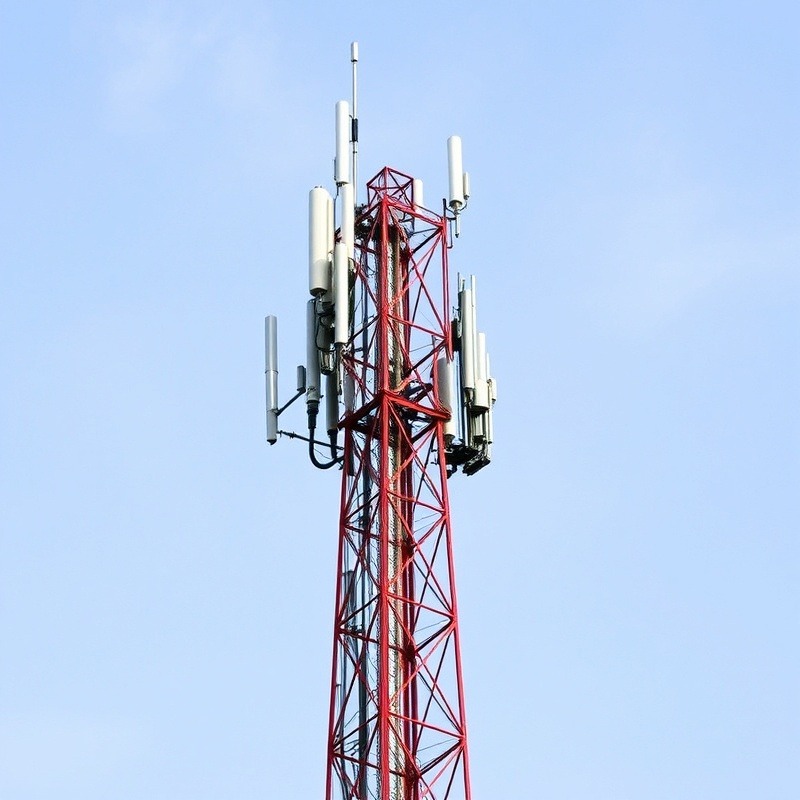
Understanding the New Telecom Tariff Changes in Nigeria
Beginning January 10, 2025, Nigeria has introduced a hike in telecom tariffs, marking the first such increase in 11 years. This change impacts consumers who now face higher costs for essential services such as voice calls, SMS, and data. While these rising prices are burdensome for many, they come as a necessary step for telecom companies like Airtel and MTN Nigeria, which have faced mounting financial challenges due to regulatory and economic pressures.
The Financial Strain on Nigeria’s Telecom Industry
In recent times, the financial landscape for Nigerian telecoms has been dire. Soaring diesel costs for maintaining cell towers, increased staff expenses, and currency devaluation have significantly strained their operations. Airtel and MTN Nigeria reported combined losses of $484 million in the first half of 2024 following the devaluation of the naira. Without the ability to adjust their tariffs amid rising operational costs, these companies risk enduring further financial distress, potentially affecting over 15,500 industry employees and the broader economy by contributing to GDP.
Impact on Consumers and Industry Outlook
For consumers already grappling with a national inflation rate climbing to over 34%, the tariff increase means further adjustments to personal budgets. Despite its negative impact on consumer costs, this move offers telecoms the chance to recover financially, safeguarding service quality and infrastructure investments vital to millions of users. Ensuring the health of the telecoms sector enables sustainable service provision and economic contributions, a significant priority for national stability.
Future Predictions and Trends in Sub-Saharan Africa’s Telecom Market
Looking ahead, Sub-Saharan Africa’s telecom market is poised for increased diversification and innovation. As companies navigate financial hurdles, we may witness a shift towards more efficient technologies and service models to minimize operational costs and maximize customer satisfaction. With increased financial flexibility, telecoms can explore advancements in digital services that cater to the expanding tech-savvy young population in Africa.
Relevance to Current Events: Africa’s Startup Scene
The telecom changes in Nigeria parallel the broader dynamics observed in Africa’s startup ecosystem, which VCs have their eyes on aggressively. Positioning themselves amid technological advances and economic adjustments, startups must be adaptable to withstand similar market pressures. Their ability to innovate in response to these challenges will determine success in a rapidly evolving tech landscape.
 Add Row
Add Row  Add
Add 




Write A Comment